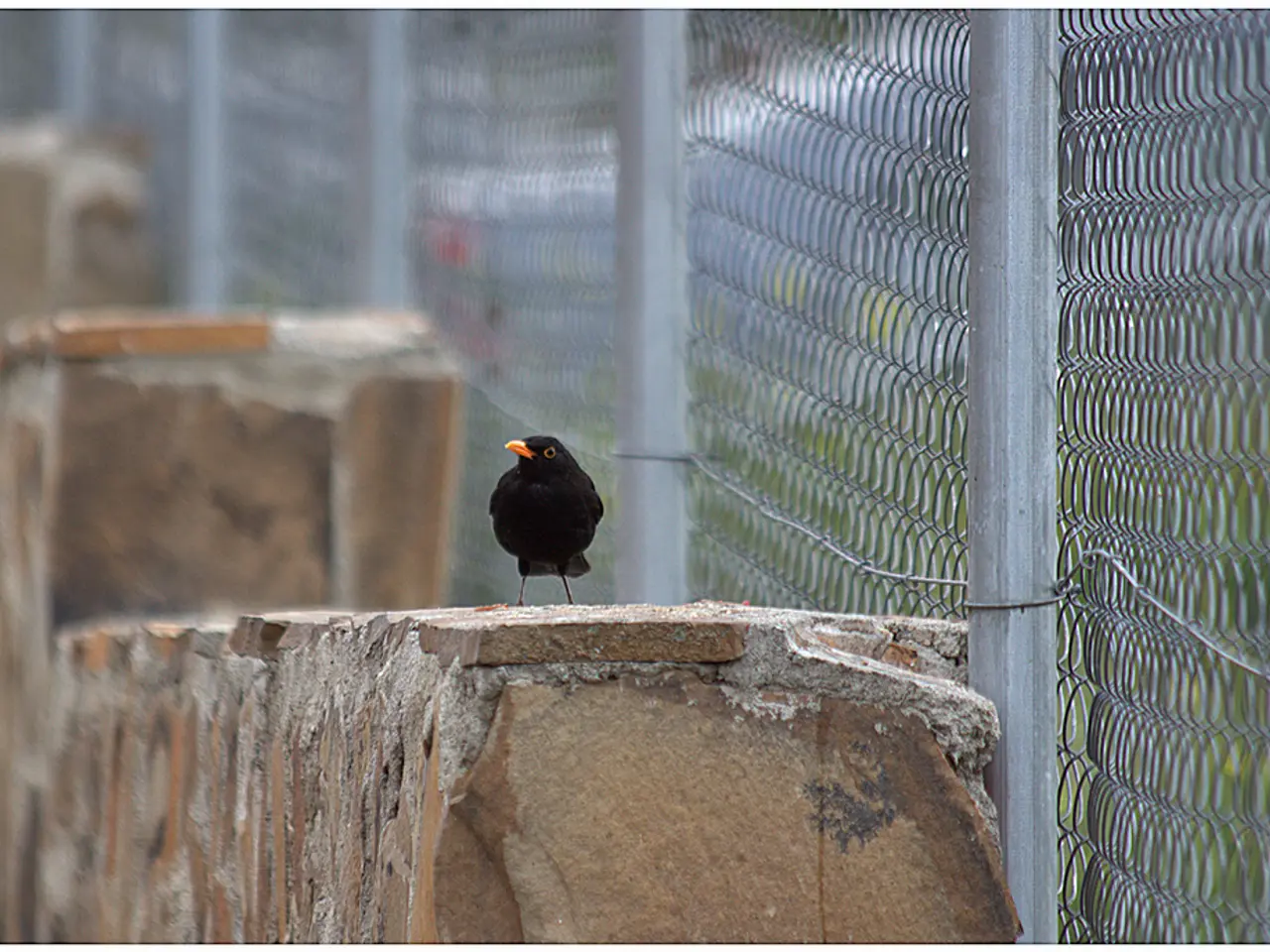Western Cape region of South Africa reports bird flu incidences; advises public to stay alert
The Western Cape Department of Agriculture has urged public participation in preventing the spread of avian influenza in poultry, following the confirmation of new outbreaks of high pathogenicity avian influenza, also known as bird flu, in the Western Cape province [1][3][4].
These outbreaks have been centered on farmed ducks near Paarl, where infected ducks and related chicken flocks have been humanely culled to prevent further spread. The virus has also caused fatalities among wild great white pelicans in the Cape Town area [1][3][4].
The department advises the public not to handle sick or dead wild birds without proper protective gear and to report any unusual bird deaths to local authorities. The public is also encouraged to stay vigilant about biosecurity measures on farms and to avoid contact with sick or dead birds [1].
Despite the outbreaks, the department emphasizes that there is currently no evidence of human-to-human transmission of avian influenza, and the risk to humans remains low [1][5]. Consumers can be assured that poultry products from grocery stores are safe for consumption.
The department encourages vigilance and cooperation among the public, agricultural sector, and poultry industry to prevent the further spread of avian influenza. The public is advised to report suspected outbreaks in poultry to the local State Veterinarian immediately [1].
The recent outbreaks have been confirmed in a statement released by the department on Friday night, with cases also reported in the North West and Mpumalanga provinces [1]. The department did not specify the strain of the bird flu virus in the recent outbreaks.
The affected areas are primarily near Paarl (farmed ducks) and Cape Town (wild pelicans), with containment and monitoring ongoing while ensuring public safety through controlled culling and information dissemination [1][3][4].
The department reiterates that consumers can be assured that poultry products from grocery stores are safe for consumption. They also advise following public health and agricultural guidelines issued by the Western Cape Department of Agriculture to limit the spread of avian influenza.
No human cases of bird flu have been reported in connection with these outbreaks. The department emphasizes that there is currently no evidence of human-to-human transmission of avian influenza, and the risk to humans remains low [1][5].
[1] Western Cape Government Statement on Avian Influenza Outbreaks [2] Unspecified [3] BirdLife South Africa Report on Great White Pelican Fatalities [4] Unspecified [5] World Health Organization Guidelines on Avian Influenza and Human Health
- While staying vigilant about biosecurity measures on farms to prevent the further spread of avian influenza, the public is also urged to cooperate with the agricultural sector and poultry industry in the Western Cape province.
- In the realm of environmental science and mental health, it's crucial for the public to report any unusual bird deaths and follow public health guidelines issued by the Western Cape Department of Agriculture to minimize the impact of avian influenza.
- In the context of health-and-wellness and fitness-and-exercise, it's important for consumers to have confidence that poultry products from grocery stores are safe for consumption, even during times when avian influenza outbreaks are reported in certain areas.




